“The Imperial Doctress” Screenwriter Defends Drama’s Medical Prescriptions
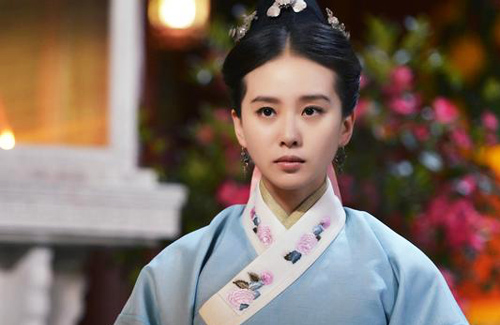
Although the mainland Chinese drama, The Imperial Doctress <女醫·明妃傳>, has become one of the most discussed dramas this year, many of the medications prescribed by lead character Tan Yunxian have led to ridicule from viewers. In response, screenwriter Zhang Wei (張巍) spoke up about the validity of the prescriptions, explaining that the drama was checked by multiple Chinese medicine specialists.
The Imperial Doctress, which began airing on Jiangsu TV on February 13, is a fictionalized account of the life of Tan Yunxian (Cecilia Liu 劉詩詩), a female physician who lived during the Ming Dynasty. The drama introduces more than 60 medications and, as a result, has been seen as a series that is popularizing traditional Chinese medicine.
However, some viewers have expressed doubts about the efficacy of the medical prescriptions in The Imperial Doctress, particularly some of the odder concoctions. For instance, porridge made from donkey hide glue and lotus seeds is said to enrich the blood, while water used to rinse rice purportedly can improve one’s hair quality. One of the drama’s strangest home remedies is a mixture of fingernails, bird excrement, and earthworms that Yunxian creates to treat a prisoner’s fever.
In response to these doubts, screenwriter Zhang Wei, who serves as an associate director at the Beijing Film Academy, readily admitted, “I don’t understand a single word about Chinese medicine.” Nevertheless, she was very cautious with her research and made sure to draw the majority of the drama’s situations from the medical case histories of Yuan Dynasty doctor Zhu Danxi (朱丹溪) and Ming Dynasty doctor Fu Qingzhu (傅青主).
In addition, Zhang sought out three practitioners of Chinese medicine to consult while writing and revising The Imperial Doctress. The first, who helped on all of the medical cases in the drama, was a close friend who is well learned in Chinese medicine. Afterward, Zhang was referred to an associate professor at a research institute for Chinese medicine, who helped her change the medications so that they were appropriate for the Ming Dynasty era. Lastly, a friend who had graduated from a Chinese medicine university checked over everything again.
Zhang also stated that the reason some of the medications in The Imperial Doctress may seem ludicrous is due to Yunxian’s relative lack of experience as a doctor. “The road to becoming a doctor is not all smooth sailing,” she explained. “There’s no way someone can become a great doctor right away.” Because Yunxian experiences medical failures along with her successes, her story and growth appear more realistic.
Even though Zhang is confident that the medical prescriptions in The Imperial Doctress are historically accurate, she maintains that viewers should still go the hospital and see a doctor if they fall ill. “You should not, by any means, copy the circumstances in the drama,” she said.
Source: Sina.com
This article is written by Joanna for JayneStars.com.



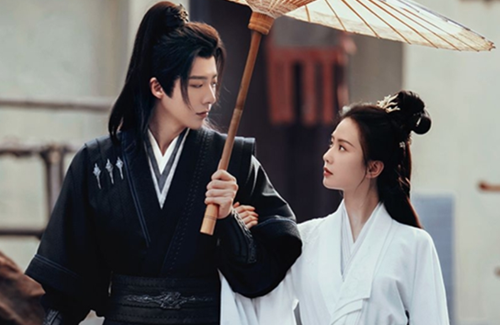
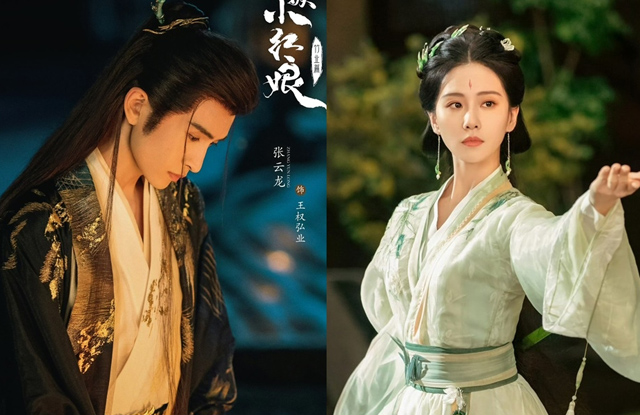
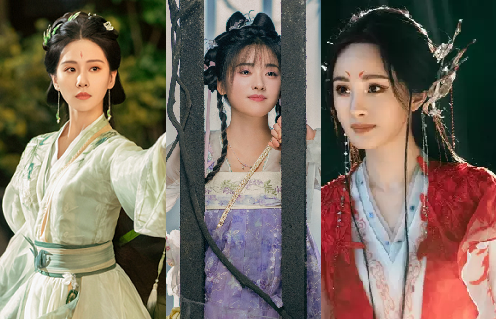
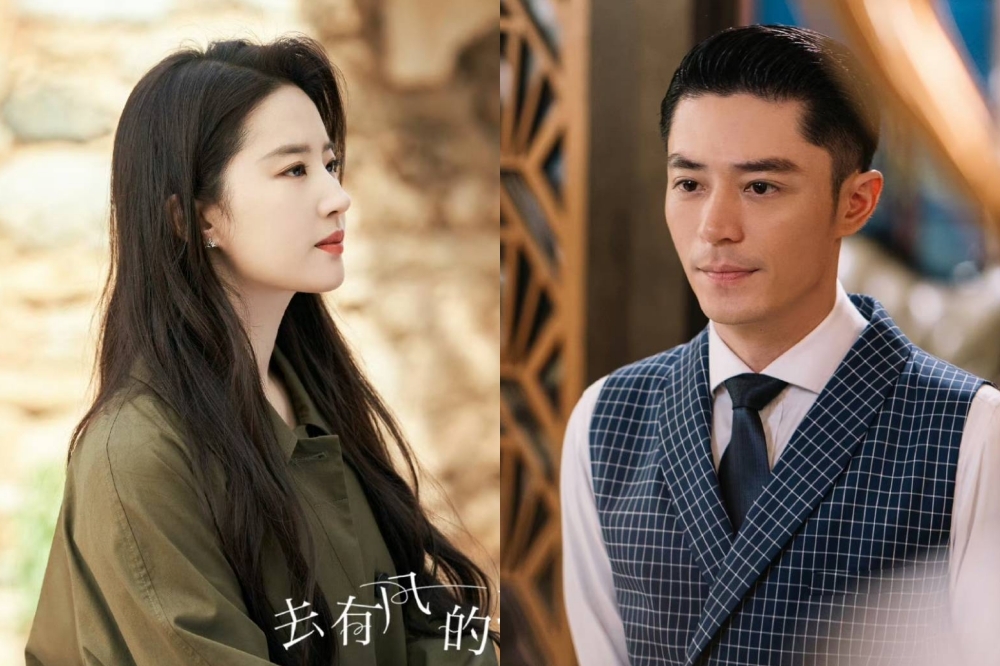
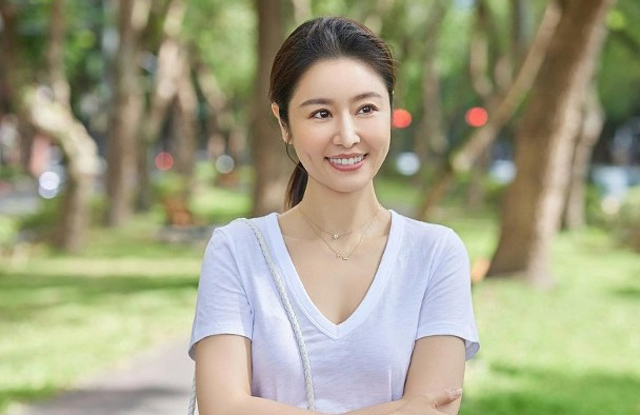
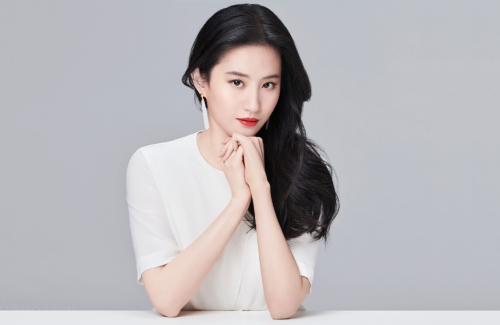
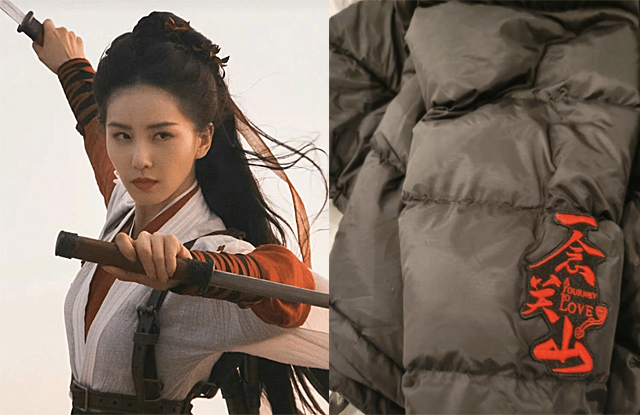


” while water used to rinse rice purportedly can improve one’s hair quality”
Isn’t that the basis of SK II’s empire?
@funnlim it could be but im not sure why people are going crazy on this one. this home remedy is something i have heard about before already; i just have yet try it myself to see if it actually works.
@funnlim I use it to soak my hands! Makes them feel soft afterwards! =) And it smells nice as well.
Haha, well, the drama does warn its viewers at the beginning of every single episode not to try the medical stuff from the drama at home
The nails and poos is something I really find hard to accept. But it was a different era.